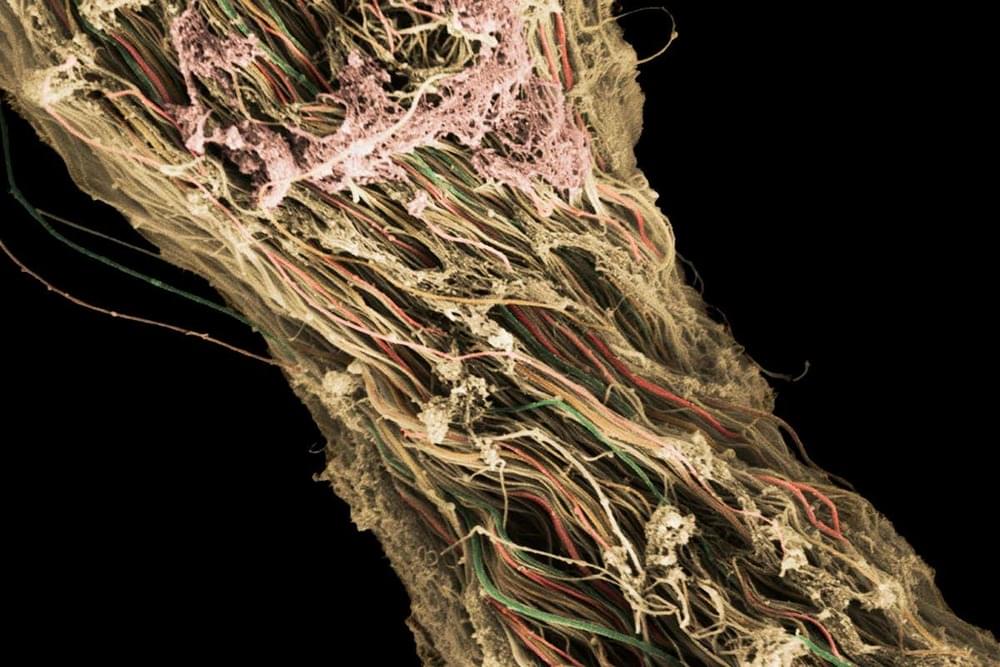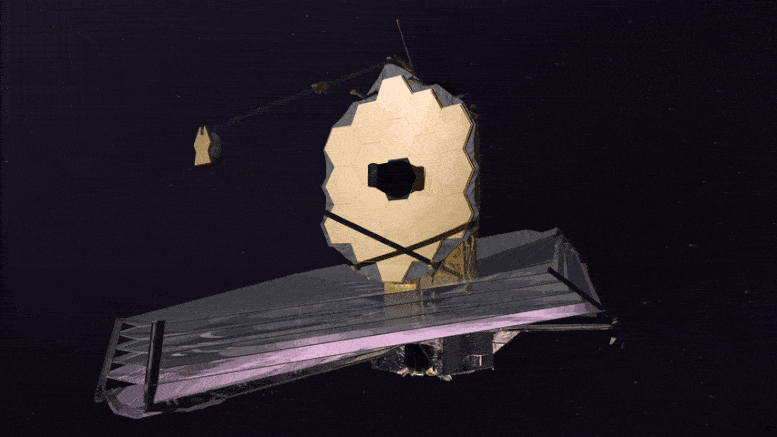Can this be true?
An unmanned aircraft was brought down by a powerful electromagnetic pulse in what could be the first reported test of an advanced new weapon in China.
A paper published in the Chinese journal Electronic Information Warfare Technology did not give details of the timing and location of the experiment, which are classified but it may be the country’s first openly reported field test of an electromagnetic pulse (EMP) weapon.
China is racing to catch up in the field after the US demonstrated a prototype EMP weapon that brought down 50 drones with one shot in 2019.






